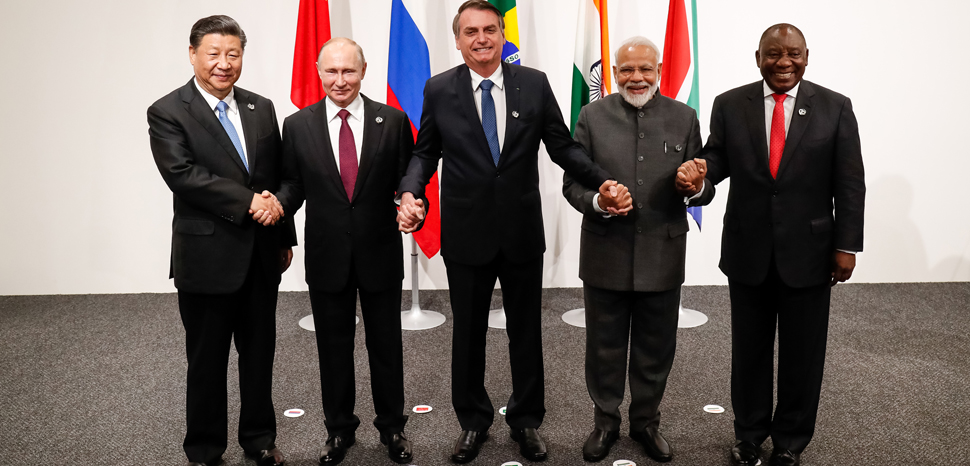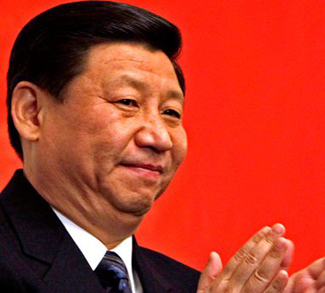In 2008, the financial crisis shook the global economy, and while Western capitalist states experienced decreased economic activity, a slowing GDP rate, and rising unemployment, one particular bloc of countries managed to not only mitigate the effects of the crisis, but grow and expand their economic production. It was this phenomenon that resulted in the BRICS group becoming a relevant bloc within both the economic and political spheres, introducing the possibility of a multi-polar world, in which developing states have a voice on the international stage. However, after almost a decade of demonstrating an impressive ability for GDP growth, increasing their political influence, and even challenging the US-dominated world order through the creation of institutions such as the New Development Bank (NDB), trade deals, and annual summits, the future of the BRICS bloc as a relevant global phenomenon is being questioned as geographical, political, and economic diversity, as well as diverging opinions on current events threaten the cohesion of the group.
On November 14, 2019 the BRICS countries held their eleventh annual summit in Brasilia, with the theme of this year’s meeting being, ‘BRICS: Economic Growth for an Innovative Future.’ While the official focus of the summit was developing strategies to stimulate the countries’ investments amid a slowing global economy, the countries also reaffirmed their commitment to “uphold multilateralism in the face of unprecedented challenges and rising protectionism,” with the reparation of the relationship between leaders Xi Jinping and Jair Bolsonaro on the unofficial agenda. The tone of the meeting was ultimately positive, with the bloc releasing a public declaration of the numerous commitments made in relation to stimulating economic activity, combating terrorism, strengthening intra-group cooperation, and promoting multilateralism in the global order. However, to say this summit serves as evidence of the group’s relevancy is simplistic, insofar as the complex relationships between the group’s members, as well as between members and external parties such as the United States and South America suggest the group is experiencing a decrease in power and strength, and if it is to continue along a path of success, its leaders must first set aside their differences and focus on their common objectives.




